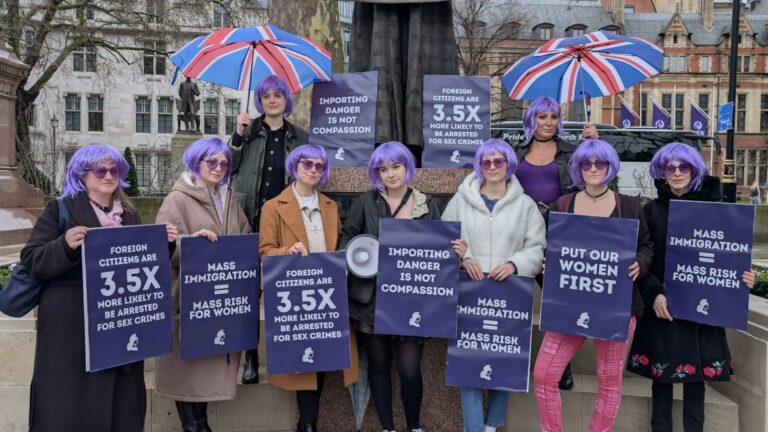Nearly 60 per cent of Hungarians believe government policy should prioritize helping people buy their own homes, while only one third think rental housing construction should take precedence. The findings come from a survey by the Szent István Institute conducted in cooperation with the Nézőpont Institute, first published on Mandiner.hu.
The report recalls that the government’s recently announced Otthon Start scheme, offering first-time homebuyers under 41 a fixed-rate mortgage at 3 per cent interest, has drawn opposition criticism. Some political voices have argued the programme should focus instead on large-scale rental housing projects. At a recent child protection conference, opposition social policy expert Krisztina Bódis of the Tisza Party also criticized Hungary’s system of family tax allowances, claiming it reinforces social inequality.
Based on a representative sample of 1,000 respondents, the survey found that in rural areas and among people aged 18 to 39, support for home ownership rises to nearly 70 per cent. For many young Hungarians, owning a home is considered one of the most important guarantees of stability and a secure future. The only demographic in which rental housing received higher support was among Budapest residents, where 49 per cent favoured it, reflecting the realities of high urban property prices and the city’s housing market.
The study also notes that most Hungarians see rent as wasted money and view home ownership as a symbol of freedom and independence. This attitude has deep historical roots in the political and economic instability of the 20th century. Wars, state nationalizations and the transition after 1989 all reinforced the cultural preference for owning property. According to Századvég’s long-running Europe Project survey, Hungary has the highest rate in Europe of people both wanting and actually owning their homes, with the ownership rate reaching 90 per cent.
Researchers also asked how Hungarians think the state should best support families. A majority of just over 52 per cent favoured universal tax benefits for all parents, compared with 43 per cent who preferred targeted assistance only for poorer families. Support for universal benefits was strongest among younger adults and residents of smaller towns and villages, where it exceeded 60 per cent. In contrast, Budapest residents and people over 60 were somewhat more inclined toward targeted, means-tested support.
The findings suggest that in Hungary, raising children is widely seen as a contribution to society that should be recognized for all parents, not only as a matter of social aid. The Szent István Institute concluded that the desire for a family home, a strong family life and more children remains a living aspiration for large segments of society, not merely a nostalgic ideal, and that family policy should continue to build on this deep-seated public sentiment.
Related articles:







